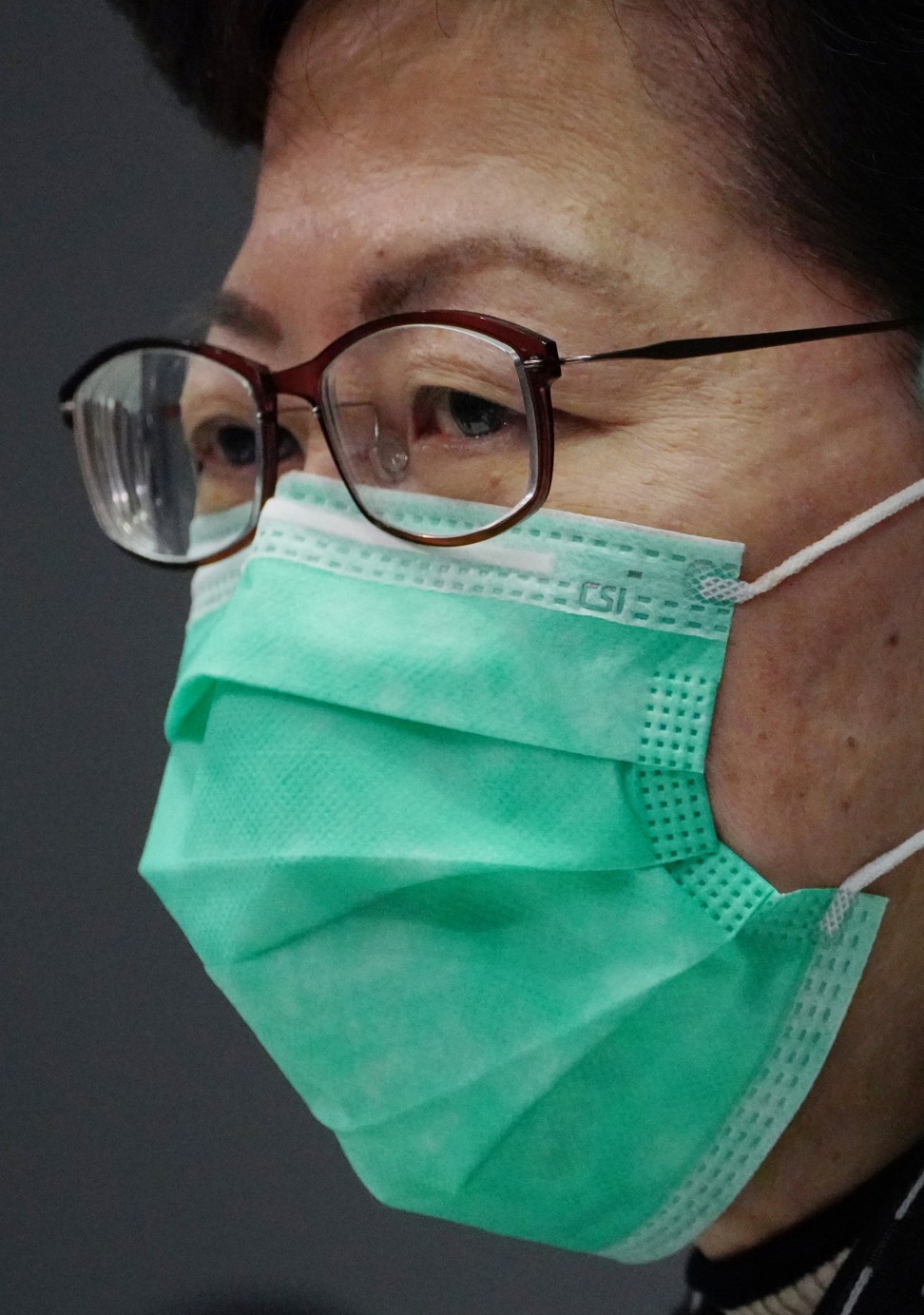
Coronavirus outbreak: Hong Kong is facing a shortage of masks, toilet paper and leadership
- Hongkongers are scrambling to buy supplies while the Hong Kong government scrambles to respond to the public health crisis. A crisis is a real test of leadership – and the Carrie Lam administration seems to be failing
Which came first: the inept administration of Carrie Lam Cheng Yuet-ngor or the crippling anti-government protests?
Unfortunately, this is the government Hong Kong has to live with these days.

The chief executive eventually made a U-turn (or a clarification, or something) on the restriction of mask use among civil servants, but only after adding to the panic. Think about it: if there aren’t enough masks to go around among government officials, naturally people will have to hunt for their own.
Why China is struggling with a mask shortage amid coronavirus crisis
A crisis is a real test of leadership. Unfortunately for Hong Kong, there has been an abundance of crises and a shortage of leadership. Screaming “Off with his mask!” is desperation, not leadership. Our Queen of Hearts and her court are scrambling to keep a lid on the outbreak, but seem to be falling through a rabbit hole.
How Carrie Lam can turn the coronavirus crisis into an opportunity
Have the chief executive and her team learned nothing from the Sars experience? Back in 2003, the Sars Expert Committee tasked to review the management of that outbreak pointed out the importance of being prepared, and having “a well planned, carefully orchestrated and fully integrated emergency management response”. Seventeen years on, there is no sign of such an emergency management response.
As it is, the Lam administration can’t even communicate effectively with the public. The trust within the community has been destroyed after months of unrest, and in its place, panic is building up.
This is the time for Lam to be making those recorded broadcasts to the people – to speak through the hysteria. Leaders see crises as opportunities. Lam has opted out. Beijing must be taking note.
Alice Wu is a political consultant and a former associate director of the Asia Pacific Media Network at UCLA











